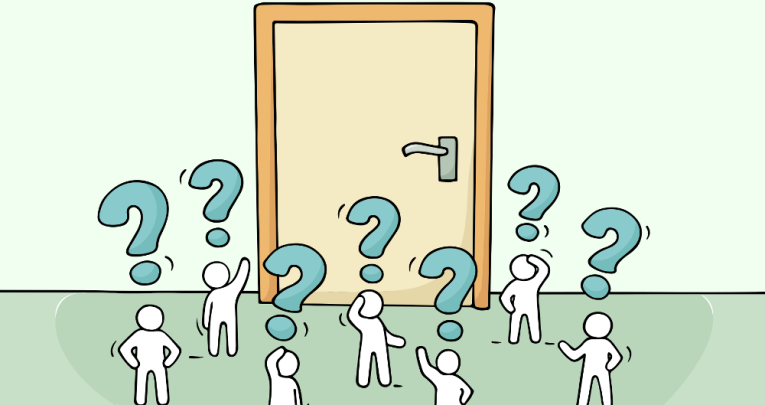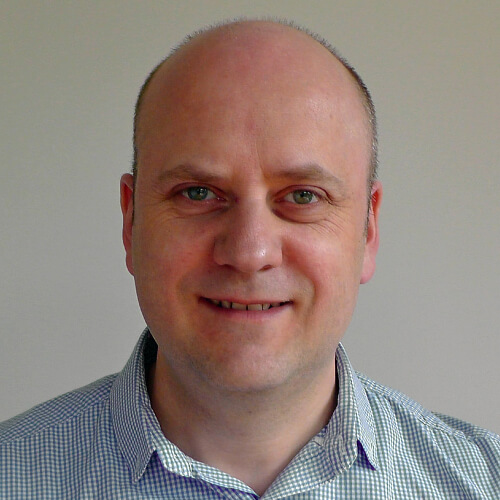Not Everything We Teach Children Will Have An Obvious Application, But So What?

Education doesn’t have to be useful – a truly liberal education does not address a need, it creates possibilities

We need to talk about ‘need’. It’s a topic that’s raised in pretty much every conversation about education policy, mostly when someone wants to argue that particular subjects should be given more curriculum time. A few years ago, concern about the need for basic skills led to the Literacy and Numeracy Strategies. In the era of Cool Britannia, the supposed need was for more creative talents. And right now we’re told we need more science and coding skills, and should be doing whatever we can to encourage boys and girls to take them up at school.
Some teachers complain that this leads to other, less necessary, subjects getting short shrift. But the problem with tying education to need runs much deeper. This was brought home to me last October at the Battle of Ideas festival at the Barbican, during a debate entitled What Should Post-Millennials Know? One of the speakers argued that young people should be realistic about their employment prospects and wary, unless they have money, of “indulgence in knowledge and learning for the sake of learning”.
This implication of this statement was alarming: knowledge we don’t need to advance our careers is “indulgent”. What the speaker called indulgent, I call civilised. A civilised society is one that has moved beyond the day-to-day struggle for its own survival, allowing people the freedom to decide what they want to do with their lives and yes, to “indulge” in unnecessary things.
An elite curriculum for all
This isn’t a new insight: the value of unnecessary knowledge has been recognised for thousands of years. In Ancient Greece, Aristotle argued that the best things in life were useless. A few centuries later, while slaves learnt the so-called Mechanical Arts – narrow and repetitive skills such as agriculture, bakery and making of clothes – the elite were taught the Seven Liberal Arts.
‘Liberal’ here meant free – the Arts were open-ended and did not lead to a particular outcome, but were thought to contribute to the creation of a rounded human being. Education has moved on a lot since the Seven Liberal Arts but we could do with remembering the rationale behind it.
The trouble with basing education on need – or what we think society needs – is that it inevitably leads to a race to the bottom. Consider any subject: someone will always claim that we can get by without it. We don’t need art or music, both of which are luxuries. We don’t need to learn about history as that’s all about the past. We don’t need to learn a foreign language, when English is the lingua franca of the world.
This logic doesn’t just affect the humanities and ‘soft subjects’. The core subjects aren’t safe either. Why learn calculus or algebra if we don’t need them in everyday life? In fact, why teach anything abstract, when we have practical problems to deal with? Why teach any specific knowledge at all, as it will be out of date by the time schoolchildren enter the workforce? All of these questions have been asked in recent years by educationalists and have influenced what is taught at schools.
Success is unpredictable
Follow the logic of need to its conclusion and it turns out that all we really need is food, clothing and a roof over our heads – and some might even dispute that. So can need really be a good basis for education? If we want to stand up for subjects, we should embrace their unnecessariness… and get better at arguing for them as good things in their own right.
Besides, our perception of what skills we will need in the future changes over time, and often says more about our own anxieties than it does about society’s potential.
As a strong-willed sixth former in the 1980s I took the A-Levels that most interested me, which happened to be mathematics, politics and art. My head of Sixth Form told me this was a “suicidal” combination of subjects and advised me to stick to subjects drawn from just one of the arts, sciences or humanities if I wanted to be employable.
I stuck to my guns, ignored his advice, loved my lessons, and, as it turned out, the subjects I took ended up being the perfect preparation for the job I have now, a job which didn’t exist then: running an educational website, which involves facility with numbers, knowledge of world events and oversight of a design team. I was lucky perhaps, but I’m glad I didn’t listen to his gloomy prognosis.
We could do with less pessimism and more imagination about the future. Knowledge that is useless in one era may become useful when it is combined with other information to form a new idea. Take for example i, the square root of minus one.
This imaginary number had no practical use until physicists realised it hugely simplified the mathematics of waves. Quantum theory couldn’t exist without it. If we only teach what we think is necessary and immediately useful, those unpredictable leaps forward are unlikely to happen.
A gift, not a necessity
There’s no denying that society faces some urgent problems and that some skills may turn out to be more useful than others. But education at its best involves a leap of faith about the liberating potential of knowledge. A truly liberal education does not address a need, it creates possibilities. If we behave in a civilised fashion and teach young people unnecessary, “indulgent” knowledge, it may or may not end up being useful, but one thing’s for sure, it will enrich their lives.
This argument was perhaps best made by the philosophers PH Hirst and RS Peters in The Logic of Education (1970), a seminal work which has, however, lately slipped off teacher training reading lists. It deserves to be widely revived.
We don’t need education at all – but it’s the best gift we can bestow on the next generation. Teach children the best that has been thought and known, whether or not we think they need to know it, and see what they do with that knowledge… they might just surprise us.
Harley Richardson is Director of Design & Development at Discovery Education and a member of the IOI Education Forum.
The next meeting of the Institute of Ideas Education Forum, which gathers monthly to discuss trends in education policy, theory and practice, is a study day on The History and Meaning of Liberal Education and takes place in Central London on Saturday 10 June. All teachers, parents and education professionals are welcome: instituteofideas.com/forums/education_forum.












